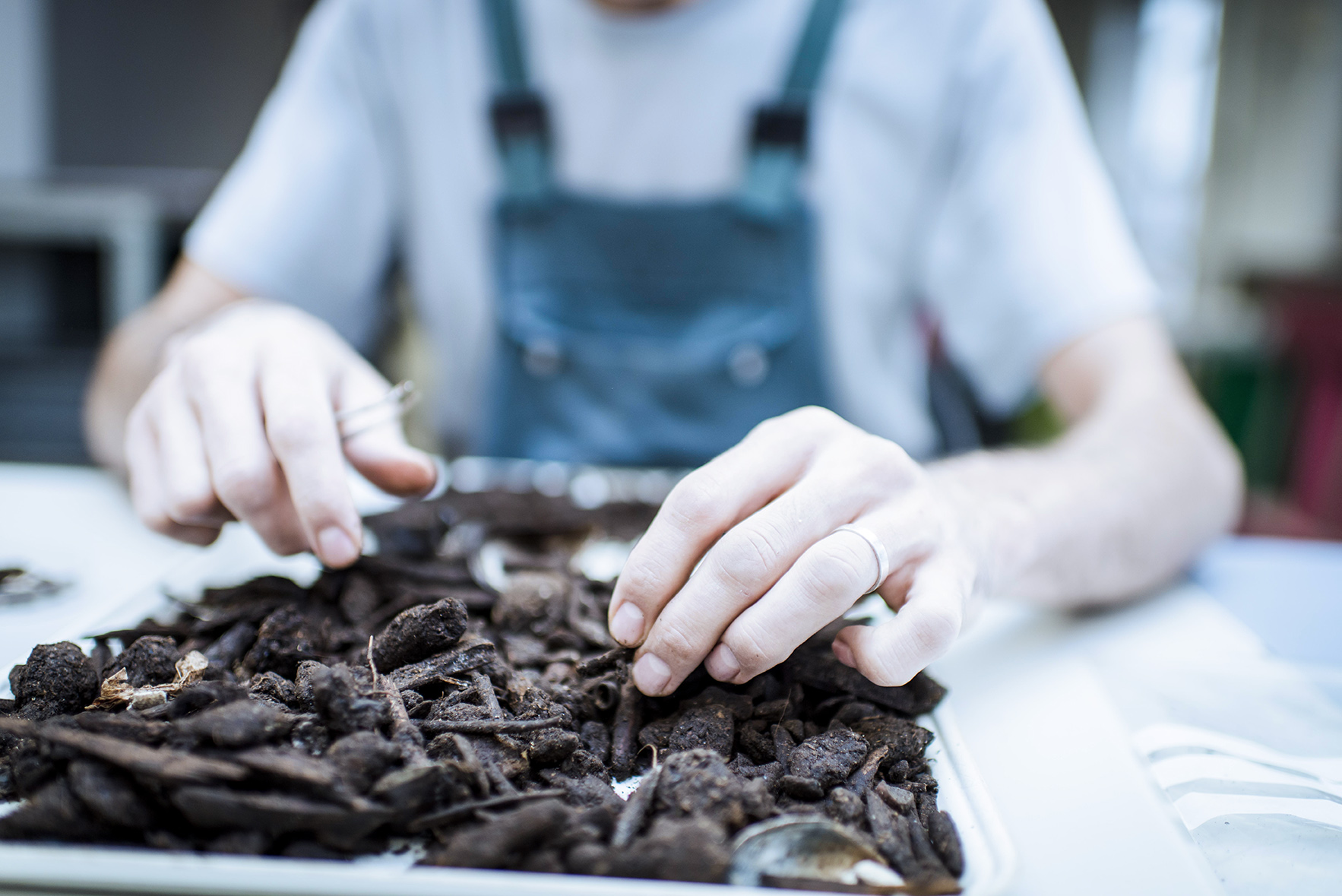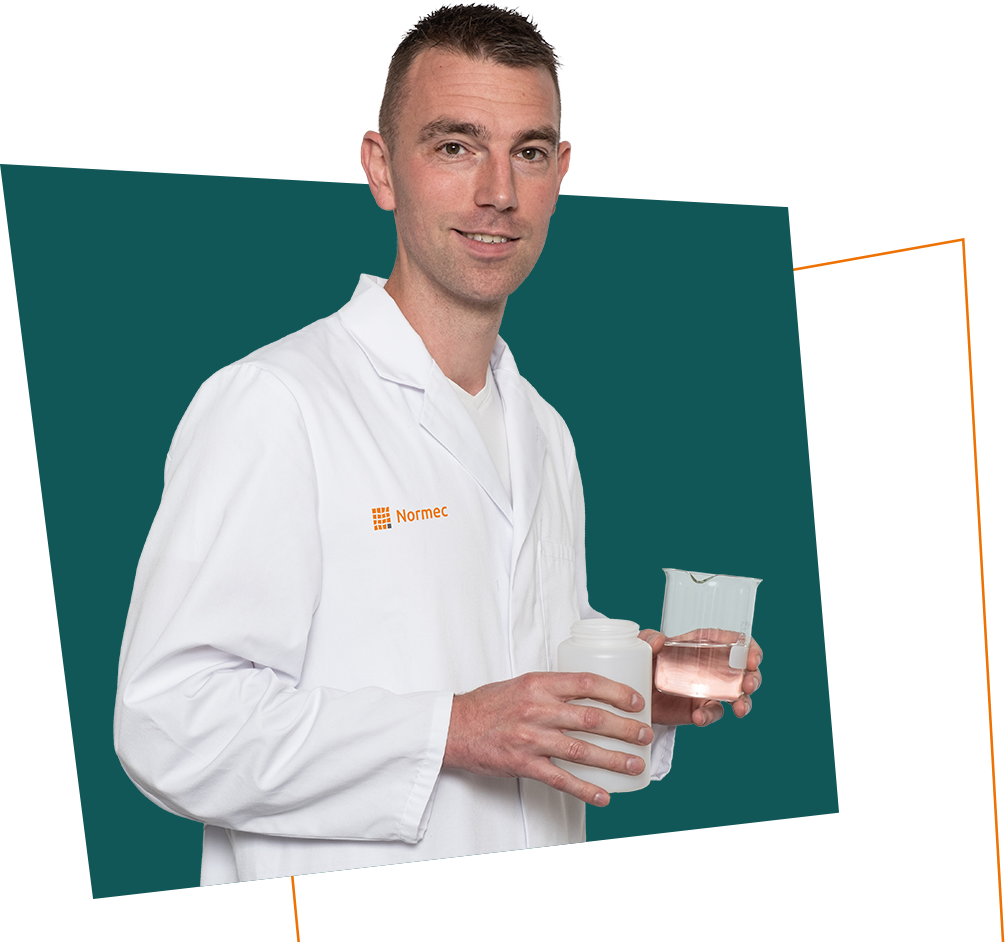Is Normec OWS ISO 17025 accredited?
Yes, we are recognized by DIN CERTCO in line with ISO 17025. This accreditation covers all test procedures and standards with regard to compostability and biodegradation. Additionally, we are ISO 17025 accredited by BELAC for our compost analyses and also recognized by TÜV Austria. Normec OWS is also ISO 17020 accredited for inspection services and ISO 14001 approved for environmental management. View our recognitions & certificates.


